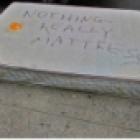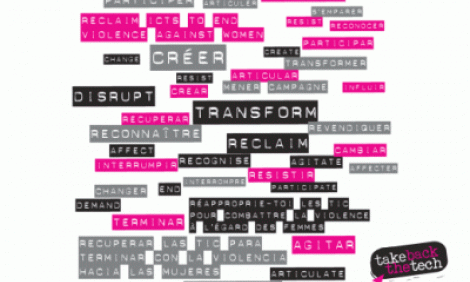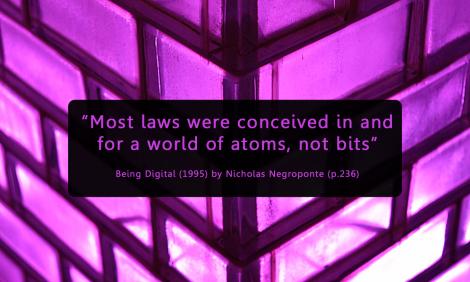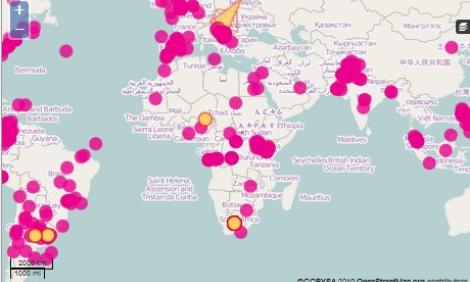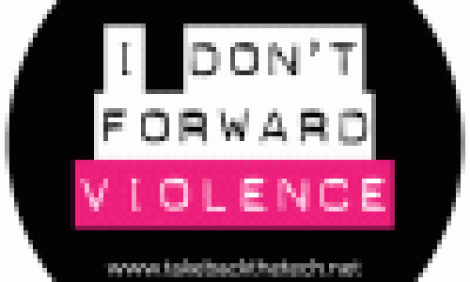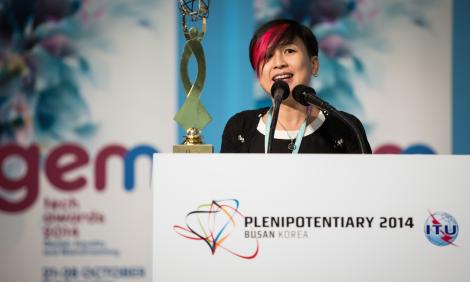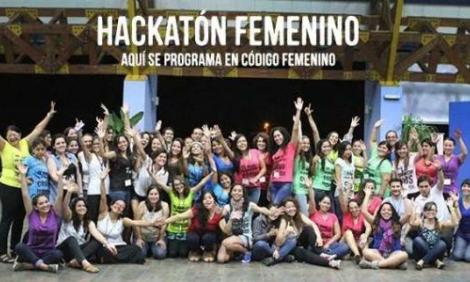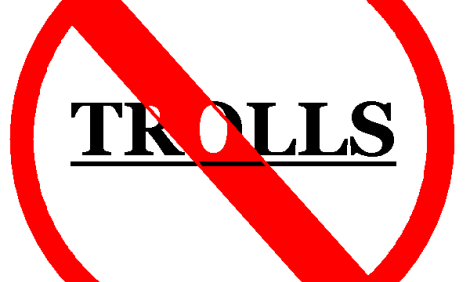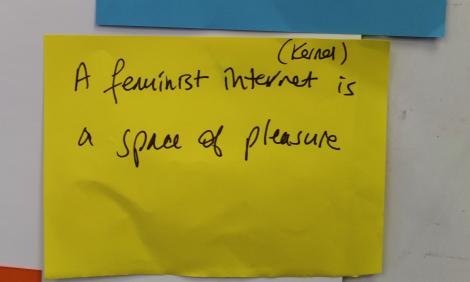In depth
Apps by and for women
By Florencia Goldsman
Programming and creating our own applications or apps is about understanding programming codes, taking control and adapting invisible mechanisms. We need to appropriate technical language and create instruments suited to our needs. In this article, Florencia Goldsman shares the cases of two apps that show how technology can be made by and for women.
In depth
Protecting the right to freedom of expression: Strategies of survivors of tech-related violence against women
By Bianca Baldo
Tech-related violence against women hinders freedom of expression (FOE) as it creates an environment of fear, intimidation, violence, social isolation and impunity. This article written for GenderIT.org by Bianca Baldo explores the effects of tech-related VAW on women's rights to FOE, providing insight on human rights law, the different forms of tech-related VAW, the reasons behind it, the…
In depth
Virtual is real: Attempts to legally frame technology-related violence in a decentralized universe
By Lamia Kosovic
In this article written for GenderIT.org, Lamia Kosovic explores some trends in legislation addressing tech-related VAW and stresses that “legislation itself will not solve the problem of VAW in digital spaces,” affirming that laws have to be accompanied by educational campaigns on the gendered nature of harm in digital spaces. “And it is urgent to expand our understanding of what survivors are…
In depth
Mapping as a strategy to disclose online violence against women
By Dafne Sabanes Plou
When the APC Women's Rights Programme decided to use the Ushahidi map to collect information about the online violence that many women around the world were enduring, the aim was to gather evidence and show how ICTs can be used to perpetrate violence against women. In two years, from July 2012 to July 2014, almost 500 cases denouncing the use of ICTs and online spaces to perpetrate violence…
In depth
APC's Women's Rights Programme statement: Forwarding violence is violence
By APC
The Association for Progressive Communications Women’s Rights Programme (APC WRP) rejects and condemns systemic, technology-related violence against women in all its expressions. The acts of recording, photographing and documenting acts of sexual violence and further distribution and sharing are all part of the violence. With each view, share and forward, people are continuing and replicating the…
In depth
Take Back the Tech! campaign wins ITU award for gender equality in tech
By Flavia Fascendini
APC's Take Back the Tech! campaign was globally aclaimed for its “efforts to reduce threats online and building women's confidence and security in the use of ICTs,” winning first place on this first edition of the prize from over 360 nominations and 37 finalists from more than 70 countries under category 6. The Gender Equality Mainstreaming - Technology (GEM-Tech) Award is an annual special ITU-…
In depth
Participants in Costa Rican Women's Hackathon develop software applications to solve social problems
By Flavia Fascendini
On 30 and 31 August 2014, 39 women engineers and technologists created nine prototypes of software applications aimed at solving social problems in the north of Costa Rica, at the First Women's Hackathon, organised by APC member organisation Sulá Batsú through its TIC-AS project, with the support of UN Women's Fund for Gender Equality.
In depth
“In our work, the internet is a main stakeholder”: A feminist talk with Hayriye Avatar at the IGF
By Bishakha Datta
The Turkish LGBTI rights organization Kaos GL turns 20 on September 20. At the Internet Governance Forum just held in Istanbul, Bishakha Datta interviewed Kaos activist Hayriye Avatar on their pathbreaking LGBTI activism, both online and offline.
In depth
Emma Watson, trolls and a feminist internet
By Jac sm Kee
Within days of her highly visible and publicised speech, Emma Watson became the subject and target of violence. The threat and reality of using women’s sexualised bodies as weapons to humiliate, shut them up or blackmail them into submission is an increasingly prevalent expression of violence against women online. Jac sm Kee, APC´s Women´s Rights Programme manager shares her insight on the…
In depth
EROTICS, activism and feminist porn
By Caroline Tagny
Caroline Tagny interviewed Rohini Lakshané, who used to work with EROTICS India, and Sheena Magenya, from the Coalition of African Lesbians during the Global meeting on gender, sexuality and the internet in April 2014 to ask them how they understand pornography from their respective contexts, and how do they engage their activism with the intersection between sexual rights and internet rights.


